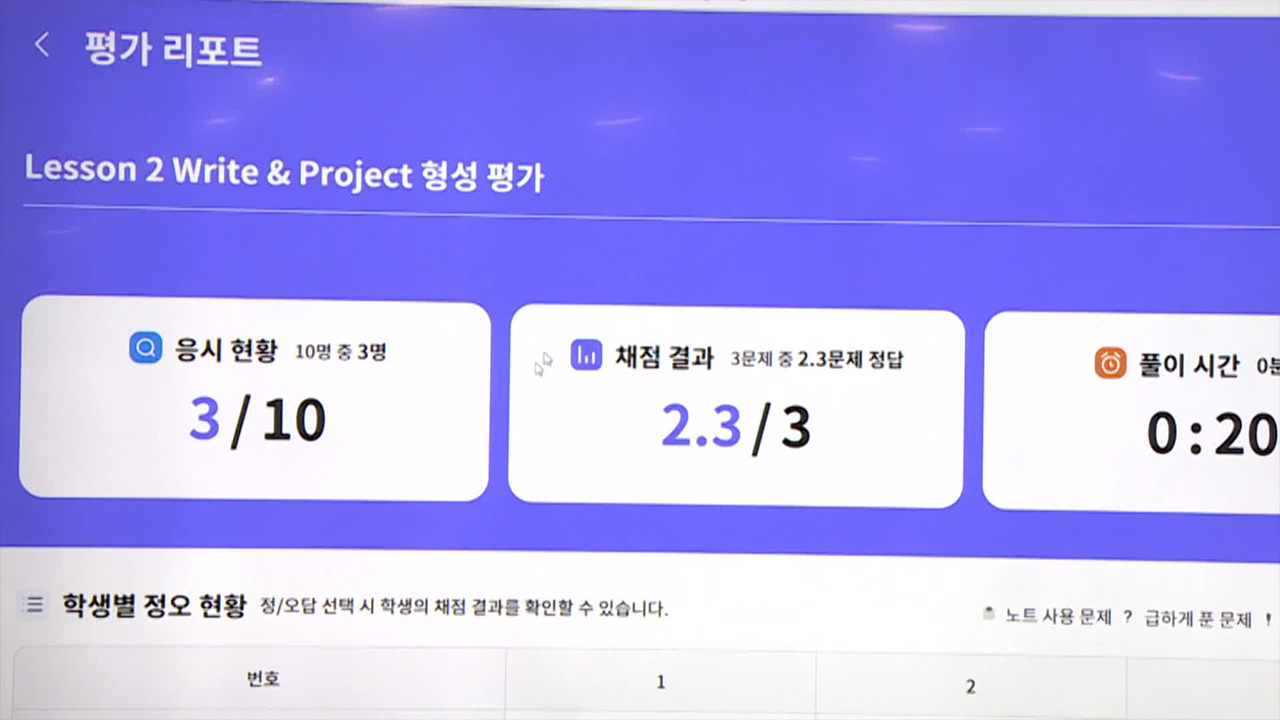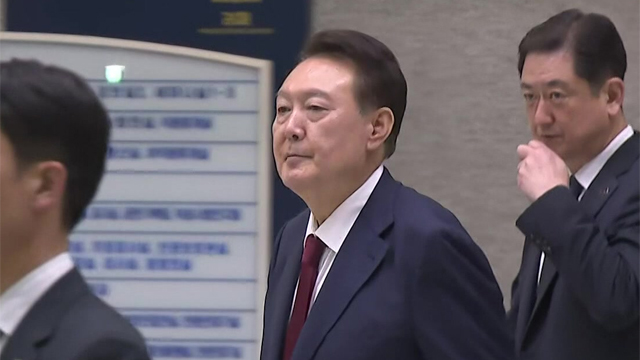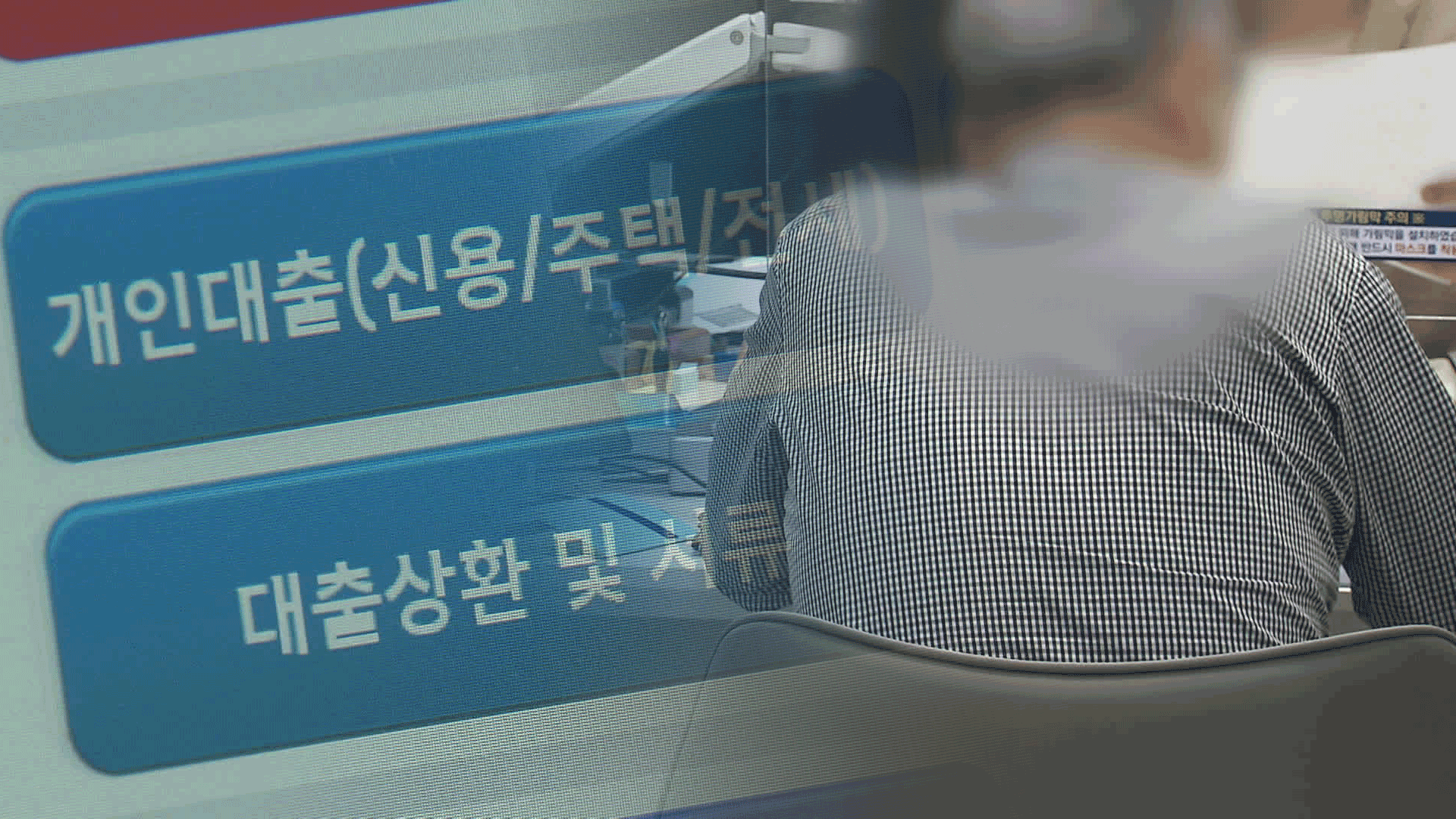AI digital textbooks unveiled, promise one-on-one personalized learning
입력 2024.12.03 (00:49)
읽어주기 기능은 크롬기반의
브라우저에서만 사용하실 수 있습니다.
[Anchor]
The artificial intelligence digital textbooks that will be used from the new school year next year have been unveiled.
There is growing anticipation that personalized learning will be achieved by identifying each student's strengths and weaknesses.
Is this possible? Reporter Kim Min-kyung has investigated.
[Report]
["I'm practicing my dance moves."]
The AI digital textbook for first-year middle school English evaluates pronunciation and intonation immediately when students read sentences aloud.
Students can check their deficiencies right away through formative assessments.
[AI Digital Textbook Developer official: "All assessments are automatically graded, and we also provide reports on the time taken to solve each question."]
The elementary school English textbook is led by a friendly character.
Teachers can also add learning materials directly.
[AI Digital Textbook Developer official: "Teachers can set up activities or additional tasks they want to implement."]
The conversation robot in the textbook serves to immediately resolve students' curiosities.
The AI digital textbooks that passed the certification review this time include a total of 76 types across three subjects: English, mathematics, and information.
The Ministry of Education cited 'personalized learning' as the key reason for introducing AI digital textbooks.
AI can identify students' strengths and weaknesses, enabling one-on-one tailored education based on their levels.
[Lee Ju-ho/Minister of Education/Nov. 29: "There were fundamental limitations in providing individualized education, but this serves as a means to overcome that…."]
However, as a bill is being pushed to define digital textbooks as optional 'educational materials' rather than mandatory 'textbooks', there are concerns that the actual scope of use may be limited.
This is KBS News, Kim Min-kyung.
The artificial intelligence digital textbooks that will be used from the new school year next year have been unveiled.
There is growing anticipation that personalized learning will be achieved by identifying each student's strengths and weaknesses.
Is this possible? Reporter Kim Min-kyung has investigated.
[Report]
["I'm practicing my dance moves."]
The AI digital textbook for first-year middle school English evaluates pronunciation and intonation immediately when students read sentences aloud.
Students can check their deficiencies right away through formative assessments.
[AI Digital Textbook Developer official: "All assessments are automatically graded, and we also provide reports on the time taken to solve each question."]
The elementary school English textbook is led by a friendly character.
Teachers can also add learning materials directly.
[AI Digital Textbook Developer official: "Teachers can set up activities or additional tasks they want to implement."]
The conversation robot in the textbook serves to immediately resolve students' curiosities.
The AI digital textbooks that passed the certification review this time include a total of 76 types across three subjects: English, mathematics, and information.
The Ministry of Education cited 'personalized learning' as the key reason for introducing AI digital textbooks.
AI can identify students' strengths and weaknesses, enabling one-on-one tailored education based on their levels.
[Lee Ju-ho/Minister of Education/Nov. 29: "There were fundamental limitations in providing individualized education, but this serves as a means to overcome that…."]
However, as a bill is being pushed to define digital textbooks as optional 'educational materials' rather than mandatory 'textbooks', there are concerns that the actual scope of use may be limited.
This is KBS News, Kim Min-kyung.
■ 제보하기
▷ 카카오톡 : 'KBS제보' 검색, 채널 추가
▷ 전화 : 02-781-1234, 4444
▷ 이메일 : kbs1234@kbs.co.kr
▷ 유튜브, 네이버, 카카오에서도 KBS뉴스를 구독해주세요!
- AI digital textbooks unveiled, promise one-on-one personalized learning
-
- 입력 2024-12-03 00:49:33

[Anchor]
The artificial intelligence digital textbooks that will be used from the new school year next year have been unveiled.
There is growing anticipation that personalized learning will be achieved by identifying each student's strengths and weaknesses.
Is this possible? Reporter Kim Min-kyung has investigated.
[Report]
["I'm practicing my dance moves."]
The AI digital textbook for first-year middle school English evaluates pronunciation and intonation immediately when students read sentences aloud.
Students can check their deficiencies right away through formative assessments.
[AI Digital Textbook Developer official: "All assessments are automatically graded, and we also provide reports on the time taken to solve each question."]
The elementary school English textbook is led by a friendly character.
Teachers can also add learning materials directly.
[AI Digital Textbook Developer official: "Teachers can set up activities or additional tasks they want to implement."]
The conversation robot in the textbook serves to immediately resolve students' curiosities.
The AI digital textbooks that passed the certification review this time include a total of 76 types across three subjects: English, mathematics, and information.
The Ministry of Education cited 'personalized learning' as the key reason for introducing AI digital textbooks.
AI can identify students' strengths and weaknesses, enabling one-on-one tailored education based on their levels.
[Lee Ju-ho/Minister of Education/Nov. 29: "There were fundamental limitations in providing individualized education, but this serves as a means to overcome that…."]
However, as a bill is being pushed to define digital textbooks as optional 'educational materials' rather than mandatory 'textbooks', there are concerns that the actual scope of use may be limited.
This is KBS News, Kim Min-kyung.
The artificial intelligence digital textbooks that will be used from the new school year next year have been unveiled.
There is growing anticipation that personalized learning will be achieved by identifying each student's strengths and weaknesses.
Is this possible? Reporter Kim Min-kyung has investigated.
[Report]
["I'm practicing my dance moves."]
The AI digital textbook for first-year middle school English evaluates pronunciation and intonation immediately when students read sentences aloud.
Students can check their deficiencies right away through formative assessments.
[AI Digital Textbook Developer official: "All assessments are automatically graded, and we also provide reports on the time taken to solve each question."]
The elementary school English textbook is led by a friendly character.
Teachers can also add learning materials directly.
[AI Digital Textbook Developer official: "Teachers can set up activities or additional tasks they want to implement."]
The conversation robot in the textbook serves to immediately resolve students' curiosities.
The AI digital textbooks that passed the certification review this time include a total of 76 types across three subjects: English, mathematics, and information.
The Ministry of Education cited 'personalized learning' as the key reason for introducing AI digital textbooks.
AI can identify students' strengths and weaknesses, enabling one-on-one tailored education based on their levels.
[Lee Ju-ho/Minister of Education/Nov. 29: "There were fundamental limitations in providing individualized education, but this serves as a means to overcome that…."]
However, as a bill is being pushed to define digital textbooks as optional 'educational materials' rather than mandatory 'textbooks', there are concerns that the actual scope of use may be limited.
This is KBS News, Kim Min-kyung.
-
-

김민경 기자 mkdream@kbs.co.kr
김민경 기자의 기사 모음
-
이 기사가 좋으셨다면
-
좋아요
0
-
응원해요
0
-
후속 원해요
0















이 기사에 대한 의견을 남겨주세요.